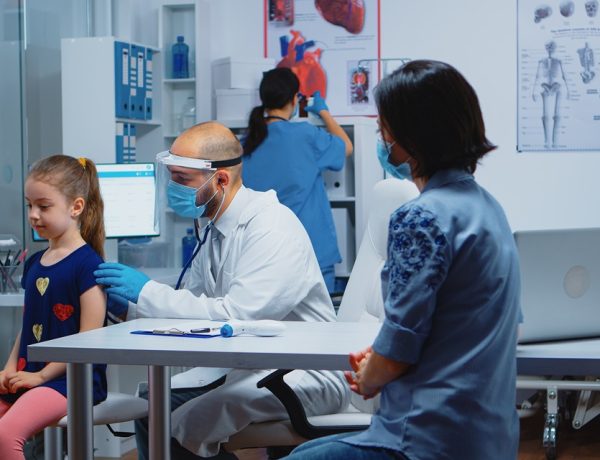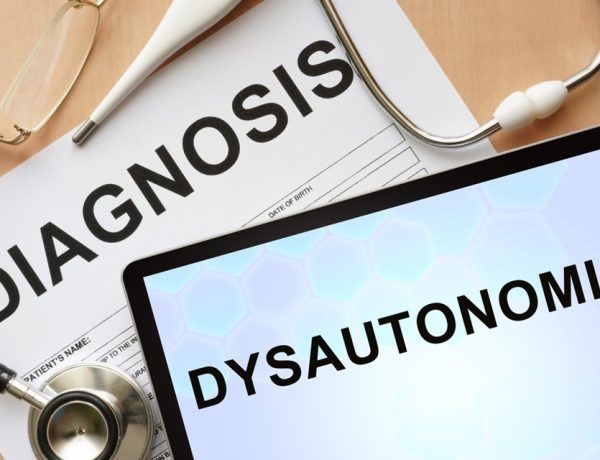Table of Contents
Key Takeaways:
- Professional detox programs provide a structured, safe environment for overcoming addiction.
- Medically supervised detox can significantly reduce withdrawal risks and improve comfort.
- Emotional and therapeutic support during detox are crucial for mental health and relapse prevention.
- Aftercare programs are essential for sustaining recovery and preventing relapse.
- Detox program customization caters to the unique needs and conditions of each individual.
Embarking on the journey to overcome substance abuse, it’s vital to understand that the road to recovery often begins with a critical phase known as detoxification, or detox. This process facilitates the elimination of addictive substances from the body and is a cornerstone of sustainable recovery. The significance of enrolling in professional detox programs is profound, as they offer a foundation for a successful transition to sobriety.
The Physiology Of Addiction & The Need For Detox
Substance dependency is a medical condition that alters the brain’s structure and function, resulting in an overwhelming and compulsive need to consume harmful substances. The impact of addiction extends beyond the neurological pathways; it affects the physical, psychological, and emotional well-being of an individual. An effective detox program, like Detox in Atlantic City, NJ, is integral in breaking this cycle of dependency, marking the first definitive step toward recovery. This initial stage can be challenging, underscoring the importance of engaging with medical professionals who can provide necessary support and intervene in the event of complications.
What To Expect From A Professional Detox Program
Uncertainty can be a significant barrier to seeking help, but understanding what to expect from a professional detox program can ease anxieties. Initial assessments determine the level of care required, as detox must be carefully tailored to the needs of the individual, taking into account the nature of their addiction and overall health. Following this, the program enters a phase of stabilization, where the goal is to safely manage the physiological process of withdrawal. Comfort measures and medical intervention play an integral role during this period, marked by diligent monitoring and care to alleviate symptoms and prevent relapse.
Medically Supervised Detox: Safety & Comfort
The complexities of withdrawal symptoms necessitate a medically supervised setting, where professional detox offers round-the-clock observation by healthcare providers. The staff are not only trained to alleviate discomfort but are also equipped to respond to any medical emergencies swiftly. This vigilant care helps mitigate the potential dangers of detox and ensures individuals are not navigating the arduous process alone.
The Role Of Therapy & Counseling During Detox
Detoxification is not merely about physical cleansing; emotional and psychological support is essential to the process. By incorporating therapy and counseling, recovery programs help individuals confront underlying issues tied to their addiction. These sessions also introduce coping strategies that are pivotal in maintaining long-term sobriety and creating an effective aftercare plan.
Aftercare: The Journey Beyond Detox
Post-detox aftercare is a beacon that guides individuals toward sustained recovery, illuminating the path forward with support groups, ongoing therapy, and relapse prevention education. Aftercare services ensure that the transition back to daily life is smooth and fortified against the challenges that may entice relapse. These services lay down the framework for a life of health, self-awareness, and sobriety.
Individualizing Detox: Tailored Programs For Diverse Needs
Diversity in addiction experiences necessitates an equally diverse approach to detox and treatment. Personalized detox programs take into account the multitude of factors influencing addiction, including co-occurring mental health disorders, physical health status, substance types, and individualized tolerance levels. This tailored approach is critical to delivering effective and empathetic care that addresses the unique challenges faced by each person.
Professional Detox Programs Vs. At-Home Detox: Understanding The Risks
The risks associated with at-home detox attempts are substantial and must not be underestimated. Without the appropriate medical supervision, individuals expose themselves to severe health risks, including potentially life-threatening complications. On the other hand, professional detox programs provide a safeguarded setting, bolstered by medical expertise and therapeutic support, which significantly increases the likelihood of a successful and safe detoxification process.





No Comments